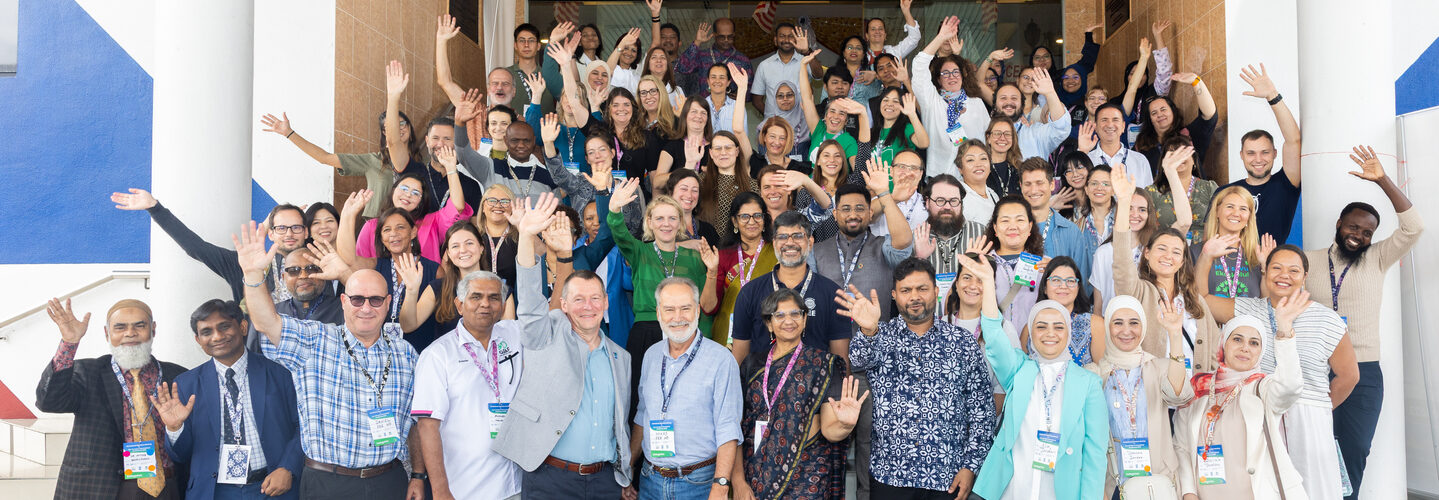Malaysia has stepped into the global spotlight on sustainability education as the Foundation for Environmental Education (FEE), one of the world’s largest climate and environmental education networks, launched its annual National Operators Meeting (NOM) 2025 at the International Youth Centre (IYC), Kuala Lumpur.
The event, hosted by the Green Growth Asia Foundation (GGAF), runs from 15–18 September 2025. Nearly 200 delegates from 48 countries are attending. Immediately after the NOM, the EcoCampus International Conference (ECIC) will take place from 18–20 September, featuring the launch of the Empowering Malaysia’s Green Future Masterplan.
Driving Global and Local Impact
With more than 110 member organisations across 85 countries, FEE has four decades of experience in Education for Sustainable Development (ESD). The network links global climate commitments with grassroots action.
“FEE bridges the gap between high-level climate commitments and grassroots capacity, empowering educators, students, and communities through EcoCampus and EcoSchools to deliver measurable, quality-assured sustainability outcomes,” said Dr. Nikos Petrou, President of FEE.
Malaysia’s Leadership in Green Education
GGAF leaders underlined Malaysia’s leadership role.
- Datuk Ir. Ts. Dr. Mahadi Mohamad, Executive Director of GGAF, stressed that measurable progress on energy, waste, water, and biodiversity is vital. He said Malaysia can showcase practical results on a global stage.
- Dr. Balamurugan Ratha Krishnan, Chief Executive of GGAF, added that Malaysia demonstrates how education can create jobs, strengthen ESG credibility, and support city-level solutions.
Building Climate-Ready Futures
Aligned with UNESCO’s ESD for 2030 and the Greening Education Partnership, the new masterplan will:
- Strengthen teacher training.
- Link learning directly to green jobs.
- Expand hands-on sustainability projects across schools and campuses.
Moreover, FEE’s EcoSchools and EcoCampus already act as “living laboratories.” These programmes embed sustainability into daily learning. Now, they also connect with green skills training, micro-credentials, and industry mentorships to prepare students for the workforce.
Linking Education, ESG, and Industry
In addition, the programmes introduce ESG-aligned indicators to support transparent reporting by schools, universities, and corporate partners. By connecting schools, SMEs, and campuses, the ecosystem raises sustainability performance while aligning with Scope 3 requirements.
Delegates at NOM are exchanging proven solutions that can be adapted quickly to local needs. This ensures faster scaling of climate action across education, industry, and cities. The momentum will continue at the ECIC, where universities will present living lab projects and highlight how green skills drive employability.









